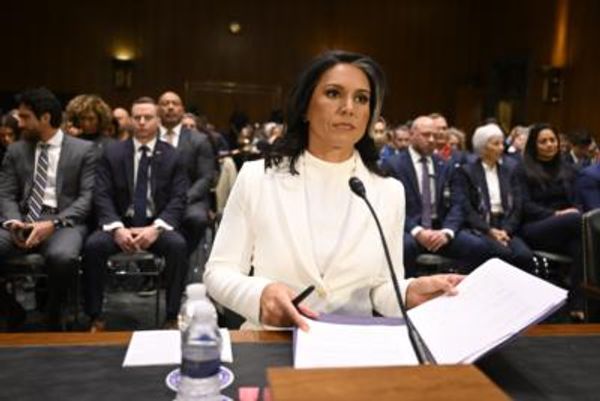
Baghdad (AFP) - Iraq's new President Abdul Latif Rashid is a veteran Kurdish politician and former water minister with valuable experience in navigating the fractious politics of Baghdad.
The 78-year-old, British-educated hydraulic engineer, chosen by parliament on Thursday to replace Barham Saleh, also faces the task of mending ties between the central government and Iraq's Kurdish minority.
Rashid's first order of business is to nominate a prime minister to form a government to replace caretaker premier Mustafa al-Kadhemi, filling a year-long political vacuum since an October 2021 general election.
He had served as presidential adviser since 2010, after seven years as a minister.
"Rashid's strengths would be that he is no stranger to Baghdad," said political analyst Hamzeh Hadad, a visiting fellow at the European Council of Foreign Relations.
Nothing "should be new to him, even if he will be a new face to younger Iraqis."
Hailing from Sulaimaniyah, a major city in northern Iraq's northern autonomous Kurdistan region, he speaks Kurdish, Arabic and English.
He served as water resources minister until 2010 -- experience that could be valuable for Iraq, ravaged by drought and considered the fifth-most vulnerable country to climate change, according to the United Nations.
Last-minute candidate
Since Saddam Hussein was toppled in 2003, an informal arrangement holds that a Shiite Muslim becomes prime minister, a Sunni serves as parliament speaker and a Kurd holds the presidency.
The largely symbolic post of president had been held since 2018 by Saleh of the Patriotic Union of Kurdistan (PUK).
Rashid, also of the PUK but who ran for president as an independent, is close to the party's founder, Jalal Talabani.
While the pro-Iran Shiite Muslim bloc the Coordination Framework pushes to form a government, Rashid emerged in the last stretch of the presidential race.
Rashid became water resources minister in 2003, serving in the first government put in place following the US-led invasion that ousted Saddam.
His election comes at a time when rival Shiite factions are vying for influence in Baghdad.
In multi-faith, multi-ethnic Iraq, "he has a good standing with both Shiite and Sunni politicians", said a government official close to Rashid.
He is "respected" by the faction of influential Shiite cleric Moqtada Sadr, the official added.
He is also close to former prime minister Nuri al-Maliki, a prominent figure in the Coordination Framework, which is powerful in parliament.
- Water expert -
Rashid will face the daunting task of breathing new life into fraught relations between the central government and the autonomous Kurdish region.
"Barham Saleh will have left a mark of being a charismatic president, but that did little to improve ties between Baghdad and Iraqi Kurdistan," analyst Hadad said.
"If Latif Rashid is able to improve that, then that will overshadow anything his predecessor did."
Born in 1944, Rashid studied in Britain, earning degrees from Liverpool and Manchester, and obtained a doctorate in hydraulic engineering in 1976.
He returns to issues he dealt with as minister: disputes with neighbouring Turkey over sharing waters of the Euphrates and Tigris rivers and the struggle to rescue the dried up marshes of southern Iraq, a UNESCO World Heritage site.
A father of three, Rashid is keen on painting and opened a gallery in Sulaimaniyah in 2014, showcasing the works of local artists.







